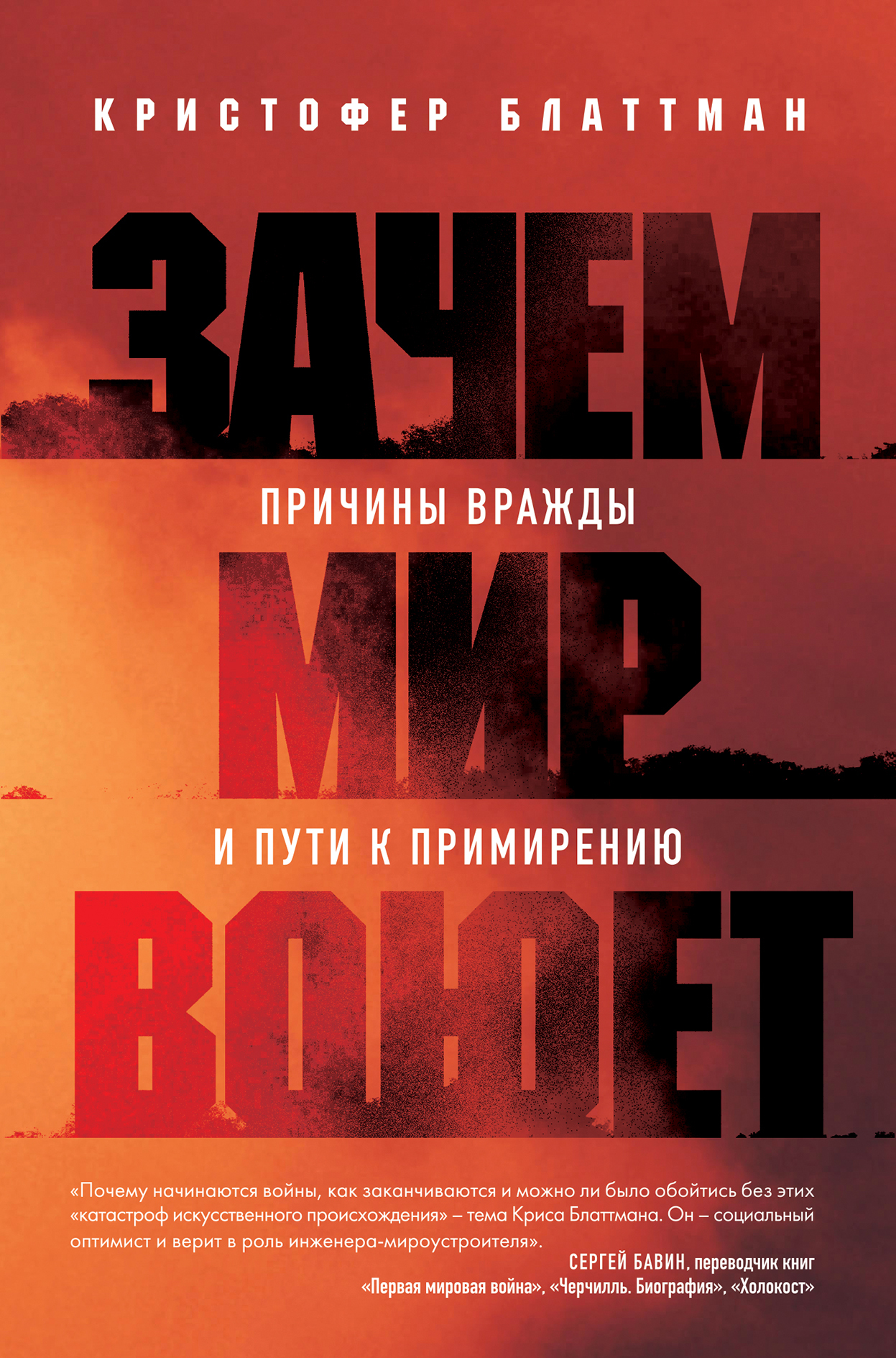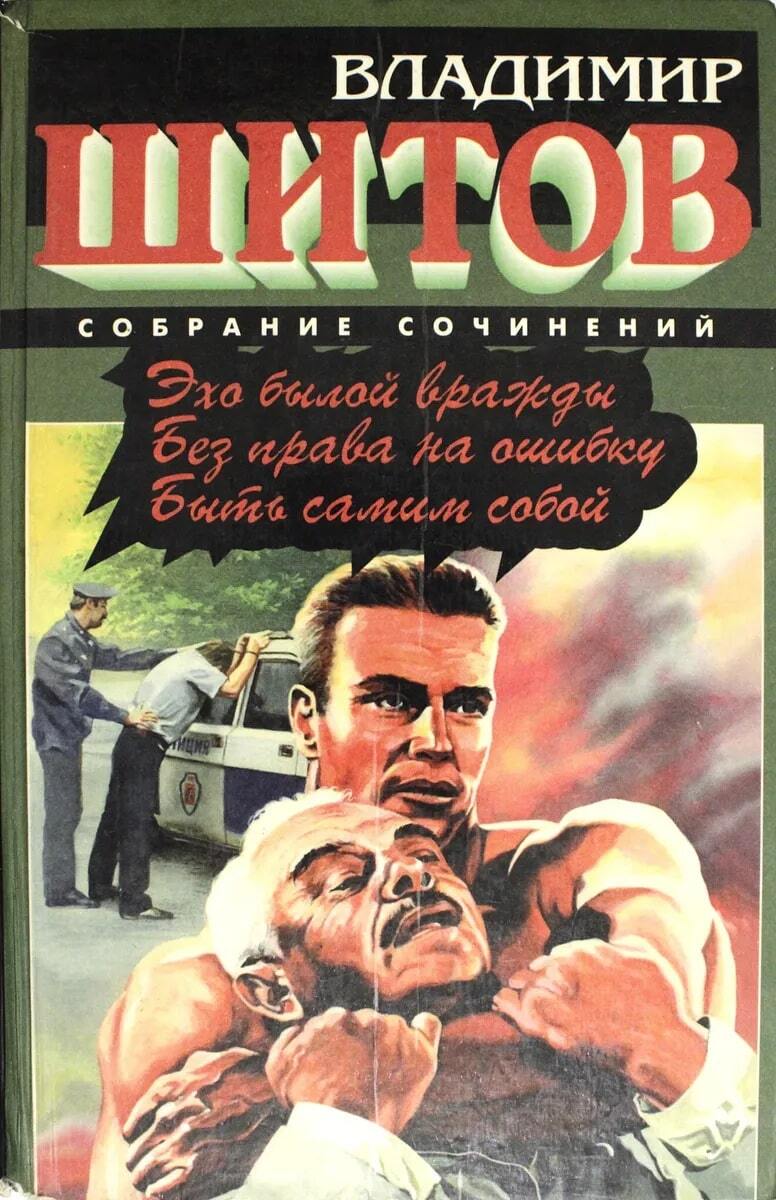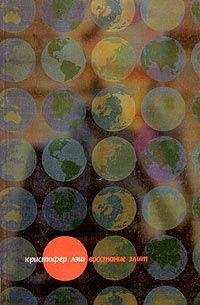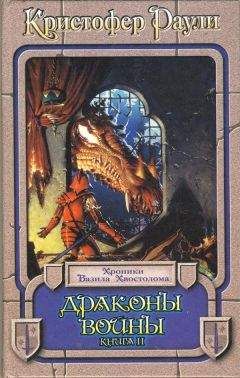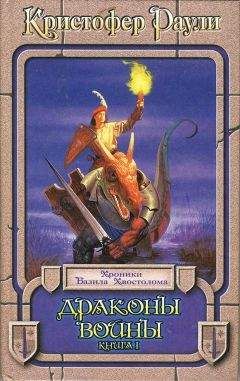Georgy, Sergei Guriev, and Konstantin Sonin. 2009. “Why Resource-Poor Dictators Allow Freer Media: A Theory and Evidence from Panel Data,” American Political Science Review 103 (4): 645–668.
Ehrenreich, Barbara. 2011. Blood Rites: Origins and History of the Passions of War, London: Granta Books.
Eichenberg, Richard C., and Richard J. Stoll. 2017, “The Acceptability of War and Support for Defense Spending: Evidence from Fourteen Democracies, 2004–2013.” Journal of Conflict Resolution 61 (4): 788–813.
Eifert, Benn, Edward Miguel, and Daniel N. Posner. 2010. “Political Competition and Ethnic Identification in Africa,” American Journal of Political Science 54(2): 494–510,
Einstein, Albert. 1932. Albert Einstein to Sigmund Freud, July 30, 1932. UNESCO Courier, May 15, 1985, https://en.unesco.org/courier/may-1985/why-war-letter-albert-einsteinsigmund-freud.
–. (1933) 2011. The Fight Against War, edited by Alfred Lief. Whitefish: Literary Licensing.
–, 2017. Einstein on Peace, edited by Otto Nathan and Heinz Nordan, London: Arcole.
Elbadawi, Ibrahim, and Nicholas Sambanis. 2002. “How Much War Will We See? Explaining the Prevalence of Civil War,” Journal of Conflict Resolution 46 (3): 307–334.
Elias, Norbert, (1939) 2000. The Civilizing Process, Translated by Edmund Jephcott. Blackwell.
Elliott, Kimberly Ann, and Gary Clyde Hufbauer, 1999- “Same Song, Same Refrain? Economic Sanctions in the 1990’s,” American Economic Review 89 (2): 403–408.
Ellis, Stephen, 2006. The Mask of Anarchy: The Destruction of Liberia and the Religious Dimension of an African Civil War. 2nd ed. New York: New York University Press.
Ellis-Petersen, Hannah. 2020. “India’s BJP Leaders Acquitted over Babri Mosque Demolition,” The Guardian, September 30, 2020. https://www. theguardian,com/world/2020/sep/30/india-bjp-leaders-acquitted-babrimosque-demolition-case.
Engerman, Stanley L., and Kenneth L. Sokoloff. 2005. “Institutional and Non-institutional Explanations of Economic Differences.” In Handbook of New Institutional Economics, edited by Claude Menard and Mary M. Shirley, 639–665. Cham: Springer,
English, Richard. 2008. Armed Struggle: The History of the IRA, London: Pan Macmillan.
Epley, Nicholas. 2015. Mindwise: Why We Misunderstand What Others Think, Believe, Feel, and Want. New York: Vintage Books.
Epley, Nicholas, and Thomas Gilovich. 2016. “The Mechanics of Motivated Reasoning.” Journal of Economic Perspectives 30 (3): 133–140.
Epley, Nicholas, Boaz Keysar, Leaf Van Boven, and Thomas Gilovich. 2004, “Perspective Taking as Egocentric Anchoring and Adjustment.” Journal of Personality and Social Psychology 87 (3): 327–339.
Esteban, Joan, Massimo Morelli, and Dominic Rohner. 2015. “Strategic Mass Killings,” Journal of Political Economy 123 (5): 1087–1132,
Esteban, Joan, and Debraj Ray. 2008. “On the Salience of Ethnic Conflict,” American Economic Review 98 (5): 2185–2202.
Eubank, Nicholas. 2012, “Taxation, Political Accountability and Foreign Aid: Lessons from Somaliland.” Journal of Development Studies 48 (4): 465–480.
Evans, Peter. 2004. "Development as Institutional Change: The Pitfalls of Monocropping and the Potentials of Deliberation.” Studies in Comparative International Development 38 (4): 30–52.
Eyal, Tai, Mary Steffel, and Nicholas Epley. 2018. “Perspective Mistaking: Accurately Understanding the Mind of Another Requires Getting Perspective, Not Taking Perspective.” Journal of Personality and Social Psychology 114 (4): 547–571.
Eyster, Erik. 2019. “Errors in Strategic Reasoning.’’ In Handbook of Behavioral Economics: Foundations and Applications 2, edited by B. Douglas Bernheim, Stefano DellaVigna, and David Laibson, 187–259. Amsterdam: Elsevier,
Falk, Armin, and Urs Fischbacher. 2006. “A Theory of Reciprocity.” Games and Economic Behavior 54 (2): 293–315. Fanon, Frantz, (1952) 2008. Black Skin, White Masks, Translated by Constance Farrington, New York: Grove Press.
–. (1963) 2004. The Wretched of the Earth, Translated by Richard Philcox. New York: Grove Press.
Fearon, James D. 1995. “Rationalist Explanations for War.” International Organization 49 (3): 379–414.
–. 1997. “Signaling Foreign Policy Interests: Tying Hands versus Sinking Costs.” Journal of Conflict Resolution 41 (1): 68–90.
–. 1998. “Commitment Problems and the Spread of Ethnic Conflict.” In The International Spread of Ethnic Conflict, edited by David A. Lake and Donald Rothchild, 107–126, Princeton: Princeton University Press.
–. 2004. “Why Do Some Civil Wars Last So Much Longer Than Others?” Journal of Peace Research 41 (3): 275–301.
–. 2013. “Fighting Rather Than Bargaining," Working paper,
–. 2017. “Civil War & the Current International System,” Daedalus 146 (4): 18–32.
–. 2018. “Cooperation, Conflict, and the Costs of Anarchy.” International Organization 72 (3): 523–559.
–. 2020, “State Building in the Post-post-Cold War World.” Presented at the Conference on Foreign Assistance and Political Development in Fragile States, University of Chicago, May 15–16.
Fearon, James D., and David D. Laitin. 1996. “Explaining Interethnic Cooperation." American Political Science Review 90 (4): 715–735.
–. 2000. “Violence and the Social Construction of Ethnic Identity.” International Organization 54 (4): 845–877.
Fehr, Ernst, and Simon Gachter. 2000. "Fairness and Retaliation: The Economics of Reciprocity.” Journal of Economic Perspectives 14 (3); 159–181.
–, 2002, “Altruistic Punishment in Humans.” Nature 415: 137–140.
Fehr, Ernst, Lorenz Goette, and Christian Zehnder. 2009. “A Behavioral Account of the Labor Market: The Role of Fairness Concerns.” Annual Review of Economics 1 (1): 355–384,
Fehr, Ernst, and Ian Krajbich. 2014, “Social Preferences and the Brain.” In Neuroeconomics, edited by Paul W. Glimcher and Ernst Fehr, 193–218. 2nd ed. Cambridge: Academic Press.
Fehrler, Sebastian, Baiba Renerte, and Irenaeus Wolff. 2020. “Beliefs about Others: A Striking Example of Information Neglect.” Working paper.
Ferguson, James. 1990. The Anti-politics Machine: "Development,” Depoliticization, and Bureaucratic Power in Lesotho. Cambridge: Cambridge University Press.
Ferguson, R. Brian. 2011, “Born to Live: Challenging Killer Myths,” In Origins of Altruism and Cooperation, edited by Robert W, Sussman and C, Robert Cloninger, 249–270. Cham: Springer,
Ferrer, Rebecca A., Alexander Maclay, Paul M. Litvak, and Jennifer S. Lerner. 2017. “Revisiting the Effects of Anger on Risk-Taking: Empirical and Meta-analytic Evidence for Differences between Males and Females,” Journal of Behavioral Decision Making 30 (2): 516–526.
Fetzer, Thiemo, and Stephan Kyburz. 2018, “Cohesive Institutions and Political Violence.” Working paper.
Fey, Mark, and Kristopher W. Ramsay. 2007. “Mutual Optimism and War,” American Journal of Political Science 51 (4): 738–754.
–. 2019- “Reasoning about War with Uncertainty about Victory.” Working paper.
Finnemore, Martha, and Kathryn Sikkink. 1998. “International Norm Dynamics and Political Change.” International Organization 52 (4): 887–917.
Fiske, Alan Page, and Tage Shakti Rai. 2014. Virtuous Violence: Hurting and Killing to Create, Sustain, End, and Honor Social Relationships. Cambridge: Cambridge University Press.
Fiske, Susan T. 1998. “Stereotyping, Prejudice, and Discrimination.” In The Handbook of
